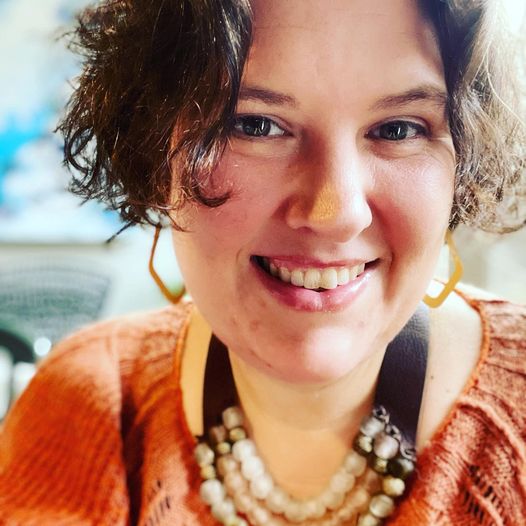 A growing area of survivorship cancer care focuses on helping people who currently have or had cancer understand and prepare for some of the possible late effects and long-term complications of their treatment, including loss of fertility.
A growing area of survivorship cancer care focuses on helping people who currently have or had cancer understand and prepare for some of the possible late effects and long-term complications of their treatment, including loss of fertility.
For example, chemotherapy agents target cells throughout the body that are rapidly dividing, hence all cells in this phase of the cell cycle can be affected. For females, this can include damage to or a reduction in the overall number of oocytes (eggs) and for males, it can impact their sperm.
Because of the potential impact on fertility, it is important for survivors to understand their options for family planning. In 2006, the American Society of Clinical Oncology issued fertility preservation recommendations: “as part of education and informed consent before cancer therapy, oncologists should address the possibility of infertility with patients treated during their reproductive years and be prepared to discuss possible fertility preservation options or refer patients to reproductive specialists.” Due to this need, “oncofertility” emerged as a specialty within cancer care, a collaborative medical approach between oncologists and fertility specialists.
After diagnosis, when a patient receives their recommended treatment plan, the impact of the plan on the patient’s fertility is assessed and discussed with the patient. If the patient is interested in options for fertility preservation, they are referred to a fertility specialist right away. The process of fertility preservation depends on various factors and procedures. For females, the process of egg retrieval involves a minor outpatient procedure, but can take anywhere from 10 days to several weeks due to the timing of the menstrual cycle, and depends on whether the patient wishes to preserve their eggs alone or freeze embryos (eggs fertilized with a male partner’s sperm). For males, the process of sperm collection and freezing is much more straightforward and can be accomplished quickly, usually in a few days.
Often and for many reasons, fertility discussions are not prioritized during treatment planning. Given the urgency of treating cancer, oncologists may rush to get chemotherapy started and in doing so, may not recognize the importance of addressing the patient’s fertility needs and desires.
Aside from timing, cost is another barrier for many patients and families. The process of fertility preservation is costly, and while there are some financial assistance and grant programs available, it is often not enough. There are other family planning options for patients who do not have the opportunity to complete fertility preservation prior to the start of treatment, including IVF with donor embryos, adoption and the use of a gestational carrier. Oncology nurses and patient navigators are good resources for patients who want more information on fertility preservation and family planning options before and after treatment.
Resources:

